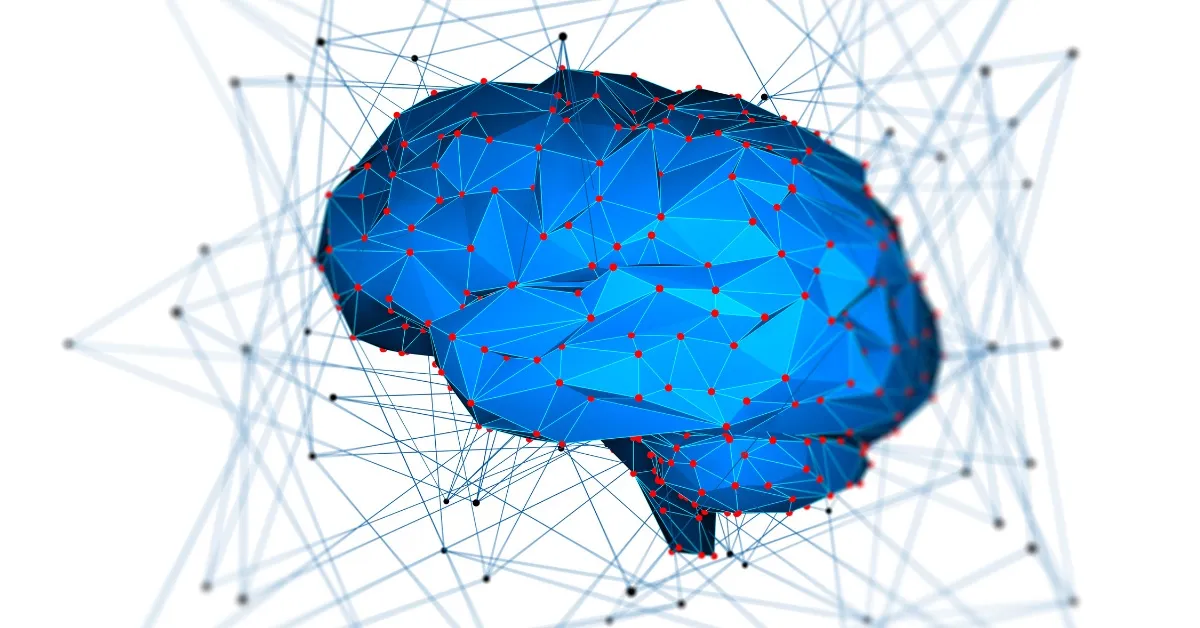What are AI agents?

AI agents are autonomous software entities that perform tasks or make decisions based on input data, using artificial intelligence techniques. They can learn, adapt, and operate without constant human intervention.
They can handle complex tasks in various domains by operating without constant human intervention and learning from their experiences. For example: AI agents can serve as virtual assistants, help power autonomous vehicles, and support recommendation systems
What is AI agent testing
It’s testing, but using AI agents instead of humans or scripts to complete the tasks.
What are the benefits of AI agent testing?
- Flexibility
AI agents can handle more open-ended instructions compared to a traditional script-based automation tool. An agent can take an instruction such as “fill out a form with values that make sense”, and produce great results while using a script or automation tool would require complex setups for each field you want to fill in.
- More human-like behavior
Agents can be primed to use different approaches every time – making them perfect for testing systems with multiple permutations of a user flow.
For example: Testing an e-commerce application, the agent could add a different mix of items to the cart each time, and check out with different addresses, behaving much more like a normal end user – making it great at finding bugs in edge cases
- Fast
While not as fast as optimized code (….yet), AI agents are able to operate faster than their human counterparts. Being available 24/7 and never getting bored, they excel at being thorough even for highly repetitive testing tasks.
What are AI agents bad at
- Very deterministic tests
Do you have a large set of actions that need to be done in the exact same order, every time? Then scripted tests are great. Use AI agent testing to test the less predictable user flows, as a complement to the scripted user journeys. - Math
If you need to do complex calculations and financial operations, stick with deterministic calculations in code! AI can sanity check things but does not have good mathematical skills at this time. - Tests that require privileged access
If your test relies on changing state in a database, an API, or something else not accessible through the web, you need to do a specific setup for that.
What other use cases are there for AI agents?
AI agents have a wide range of use cases across various industries:
Customer service: Chatbots and virtual assistants handle customer inquiries, provide support, and automate service tasks.
Healthcare: AI agents assist in diagnosing diseases, monitoring patient health, and managing medical records.
Finance: They automate trading, provide financial advice, detect fraud, and manage risk.
E-commerce: AI agents personalize shopping experiences, recommend products, and optimize inventory management.
Autonomous vehicles: AI agents control self-driving cars, drones, and robots, making decisions in real-time.
Manufacturing: They optimize production processes, predict equipment failures, and manage supply chains.
Content creation: AI agents generate text, images and videos, assist in marketing campaigns, and personalize content.
Cybersecurity: They detect and respond to threats, monitor networks, and enforce security policies.
Personal assistants: AI agents manage schedules, search through historical records, and help with daily tasks.
Smart homes: They control home automation systems, optimize energy use, and enhance security.
Software development: AI is great at assisting developers in writing code and solving problems. Many problems are documented on the web which means it has been part of an AI’s training data.

Stay in touch for developer articles, AI news, release notes, and behind-the-scenes stories.

